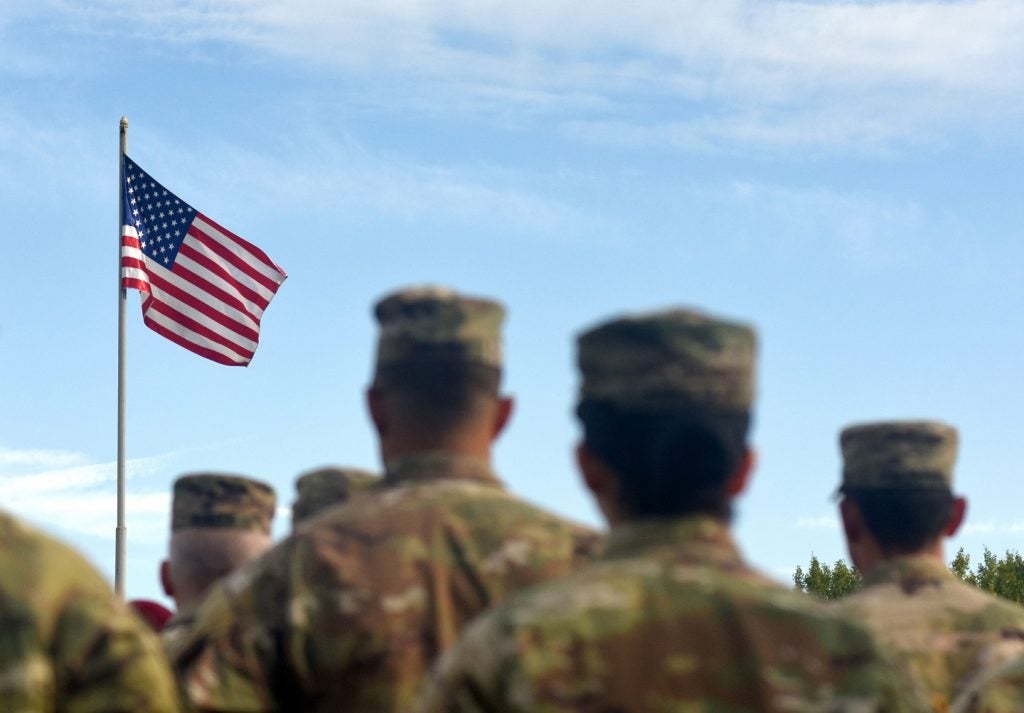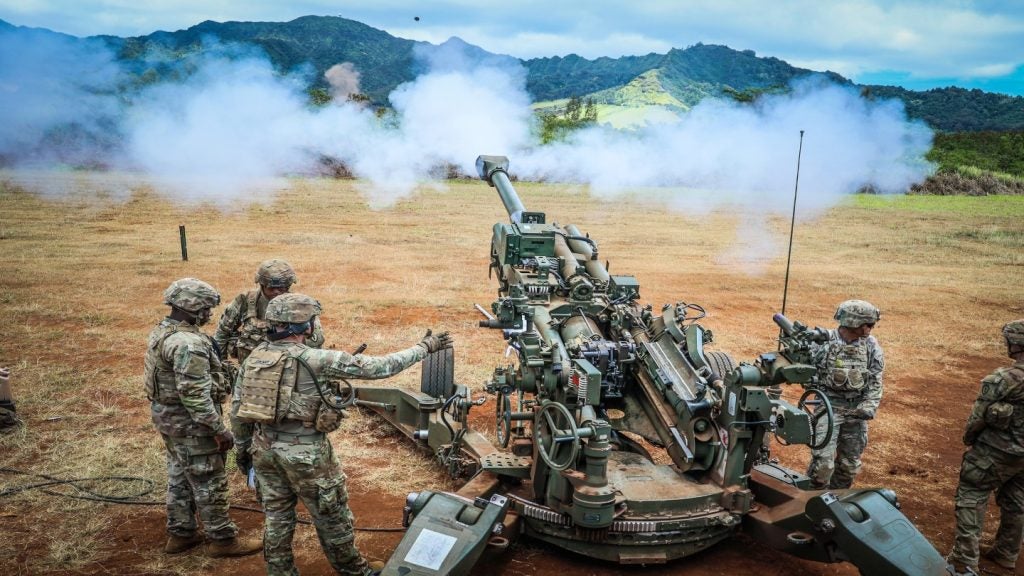The US Department of Defense has awarded four-year contracts totalling $7.2m to the University of Pittsburgh School of Medicine and Carnegie Mellon University to create an autonomous trauma care system.
This system would fit in a backpack and can be used in treating and stabilising soldiers injured in remote locations.
The aim of ‘TRAuma Care In a Rucksack: TRACIR’ project is to develop artificial intelligence (AI) technologies to enable medical interventions that go beyond the ‘golden hour’ for treating combat casualties.
A team of Pitt researchers with clinicians from emergency medicine, surgery, critical care and pulmonary fields will offer real-world trauma data and medical algorithms.
CMU roboticists and computer scientists will incorporate the data for the creation of a ‘hard and soft robotic suit’.
An injured person can be placed in this suit, which will be fitted with monitors to help assess the injury. Alongside this, AI algorithms will offer guidance in providing the right critical care interventions and robotically apply stabilising treatments such as intravenous fluids and medications.
How well do you really know your competitors?
Access the most comprehensive Company Profiles on the market, powered by GlobalData. Save hours of research. Gain competitive edge.

Thank you!
Your download email will arrive shortly
Not ready to buy yet? Download a free sample
We are confident about the unique quality of our Company Profiles. However, we want you to make the most beneficial decision for your business, so we offer a free sample that you can download by submitting the below form
By GlobalDataPitt’s Center for Military Medicine Research director and retired US Army colonel Ron Poropatich is an overall principal investigator on the $3.71m contract, while Pitt’s Department of Critical Care Medicine professor Michael R Pinsky is the scientific principal investigator.
The principal investigator on the $3.5m CMU contract is Artur Dubrawski, a research professor at CMU’s Robotics Institute.
Poropatich said: “Battlefields are becoming increasingly remote, making medical evacuations more difficult. By fusing data captured from multiple sensors and applying machine learning, we are developing more predictive cardio-pulmonary resuscitation opportunities, which hopefully will conserve an injured soldier’s strength.
“Our goal with TRACIR is to treat and stabilise soldiers in the battlefield, even during periods of prolonged field care, when evacuation is not possible.”
Initially, the research will take ‘a series of baby steps’ to demonstrate the practicality of individual components the system will eventually require.
Dubrawski added: “Everybody has a slightly different vision of what the final system will look like.
“But we see this as being an autonomous or nearly autonomous system, a backpack containing an inflatable vest or perhaps a collapsed stretcher that you might toss toward a wounded soldier.







